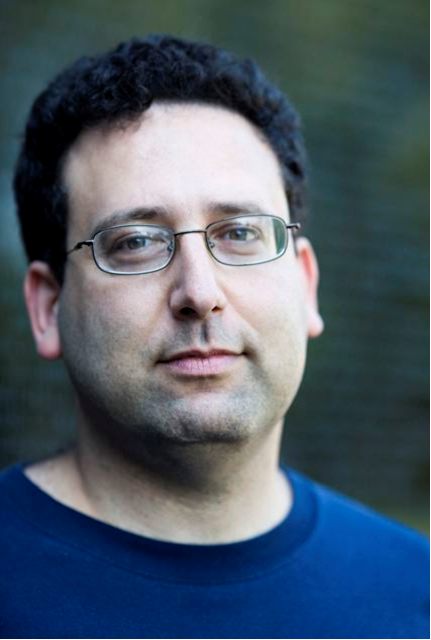United Nations

Huff Post: UN Drug Policy in the Dark Ages
I'm on Huffington Post again tonight, with a post chastising the UN (and western governments generally) for: 1) continuing the ludicrous coca runaround in South America's Andean region for another year; and 2) turning a blind eye year after year to the indirect support that western funds and cooperation gives to the death penalty for nonviolent drug offenses, mostly in Asia and the Middle East. Check it out here -- comments welcome in either location. If you haven't already, check out our Chronicle articles on these two topics here and here.
Press Release: The Vienna Declaration: A Global Call to Action for Science-based Drug Policy
Press Release: Group Cries Foul Over U.N. Anti-Drug Agency Meddling with State Laws in the U.S.

FOR IMMEDIATE RELEASEÂ Â Â Â Â Â Â Â Â Â Â Â Â Â Â Â Â Â Â Â Â Â Â Â Â Â Â Â Â Â Â Â Â Â Â Â Â Â Â Â Â Â Â Â Â Â Â Â Â Â Â Â Â Â Â Â Â Â Â Â Â Â Â Â Â Â Â Â Â Â Â Â Â Â Â Â Â Â Â Â Â Â Â Â Â Â Â Â Â Â Â Â Â Â Â Â Â Â Â Â Â
MARCH 9, 2010
Group Cries Foul Over U.N. Anti-Drug Agency Meddling with State Laws in the U.S.
International Narcotic Control Board says it is âdeeply concernedâ that statesâ medical marijuana laws send âwrong message to other countriesâ
CONTACT: Aaron Houston, MPP director of government relations â¦â¦ 202-905-2009 or [email protected]
WASHINGTON, D.C. â The Marijuana Policy Project today denounced efforts by the United Nationsâ International Narcotic Control Board (INCB) â currently meeting in Vienna, Austria â to meddle in marijuana reform in the United States. In a recent report, the INCB said they were âdeeply concernedâ that the countryâs 14 state medical marijuana laws are sending the âwrong message to other countries.â
        Additionally, the INCB is âconcerned over the ongoing discussion in several states on legalizing and taxing the ârecreationalâ use of cannabis, which would be a serious contravention of the 1961 convention.â However, the Single Convention on Narcotics Drugs treaty explicitly grants exception for any country to make laws that agree with its constitutional and legal requirements; therefore, the U.S. is complying with the treaty.
        âThe last thing the INCB should be doing is meddling in our statesâ affairs,â stated Aaron Houston, MPP director of government relations. âWe are a federalist society and our states are granted the right to decide their own policyânot the federal government, and certainly not the United Nations. Who is the U.N. to tell Texas, Mississippi, Ohio or any other state what to do?â
        The INCB has also criticized several Latin American countries (Mexico, Brazil, and Argentina) for decriminalizing possession of some narcotics, including marijuana.
        With more than 124,000 members and supporters nationwide, the Marijuana Policy Project is the largest marijuana policy reform organization in the United States. MPP believes that the best way to minimize the harm associated with marijuana is to regulate marijuana in a manner similar to alcohol. For more information, please visit www.mpp.org.
####
ALERT: #434 The International Narcotics Control Board On Cannabis
Demand clarification from the "czar" on legalization

|
Drug War Allies: Russia, Cuba, Pakistan⦠USA?

Tell our United Nations delegation to stop opposing harm reduction. |
Friend,
President Obama recently announced that his administration would no longer allow ideology to trump science in policy-making decision. Yet, the very same week, the Obama administration publicly supported worn out Drug War ideology over harm reduction practices that have been proven to save and improve the lives of drug users.
I was back in Vienna, Austria last week to witness the United Nations' final deliberation over a new political declaration and action plan that will guide global drug policy for the next ten years.
Unfortunately, despite recommendations made by 300 Non-Governmental Organizations form around the world, including SSDP, the declaration included no mention of harm reduction.
(Harm reduction is like contraceptives, but for drugs. It's a scientifically proven set of policies and practices that keep drug users alive and healthy, without relying on abstinence-only messaging.)
After final approval of the declaration, 26 nations including Great Britain, Germany, and Australia, courageously spoke up to register their support for harm reduction in the official UN record, setting off a firestorm of debate on the floor of the United Nations.
While most countries chose to remain silent on the issue, a handful chose to speak up and denounce support for harm reduction. These included Russia, Cuba, Pakistan⦠and the United States!
We must send a message to President Obama and Secretary of State Clinton that the American people will no longer stand idly by as they allow 20th century Drug War ideology to trump science and evidence!
Please visit this action page to send a message to President Obama and Secretary of State Clinton, read the final approved U.N. declaration, and watch video of SSDP participating in a protest and press conference outside the United Nations.
Thank you for your support of SSDP's efforts to bring science and reason to national and global drug policies.
Sincerely,
Kris Krane
Executive Director
Students for Sensible Drug Policy
P.S. Like the work SSDP is doing to influence President Obama and the United Nations to change drug policy? If so, please let us know by making a donation today. http://www.ssdp.org/donate
Stop the Global Drug War Demonstration in Vienna: Video and Pictures
ENCOD Appeal to the CND
Press Advisory: Citizens Affected by World Drug Policies Question the UN
Pagination
- First page
- Previous page
- …
- 22
- 23
- 24
- 25
- 26
- …
- Next page
- Last page



